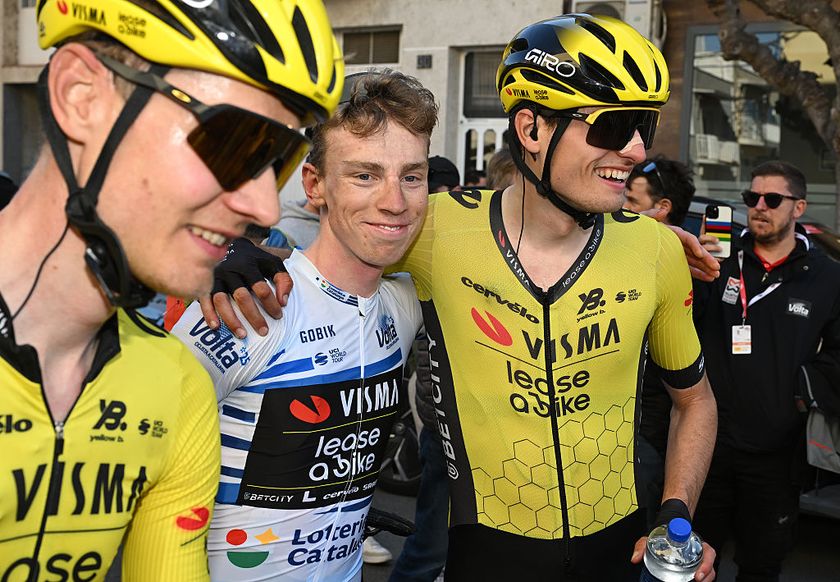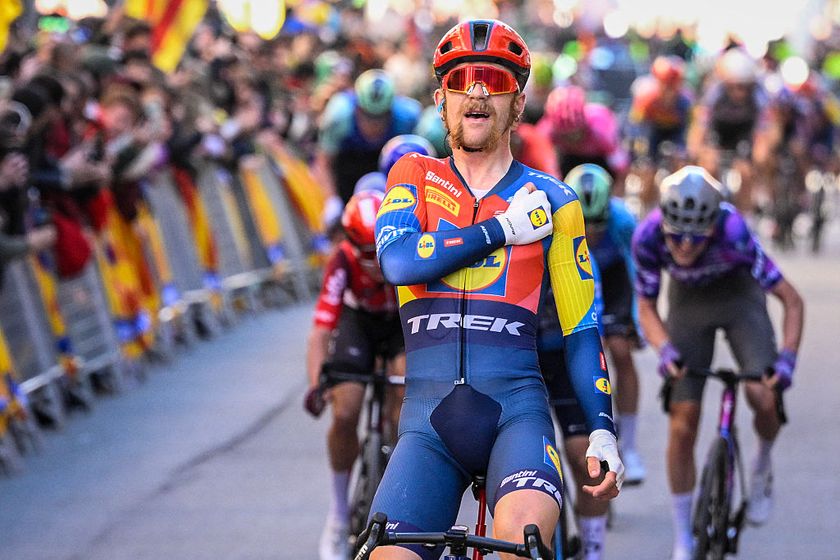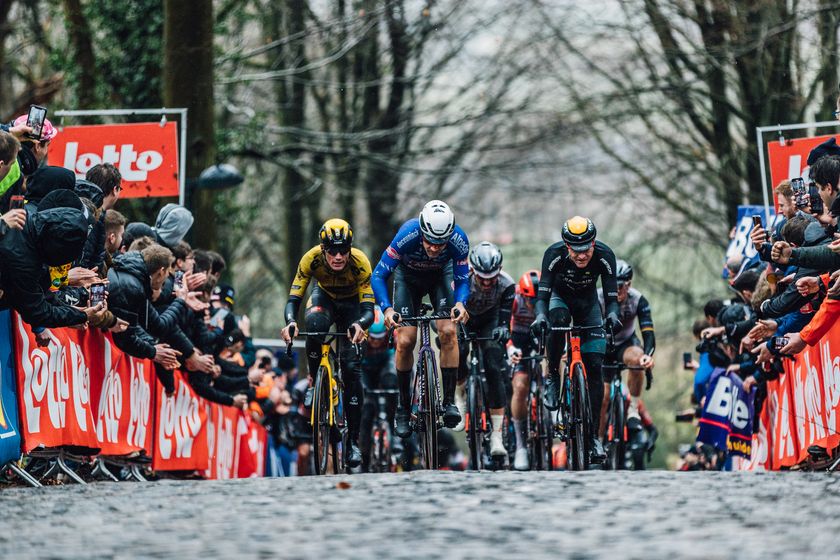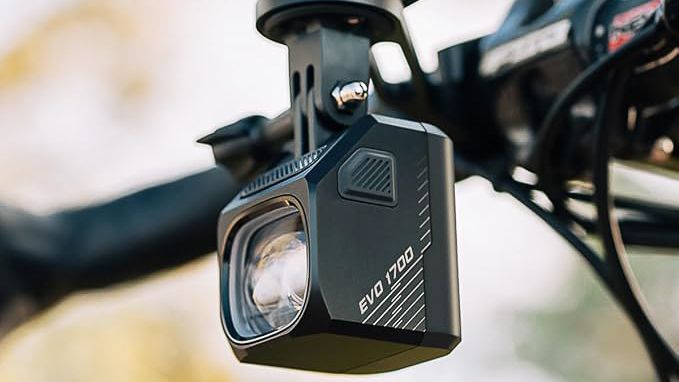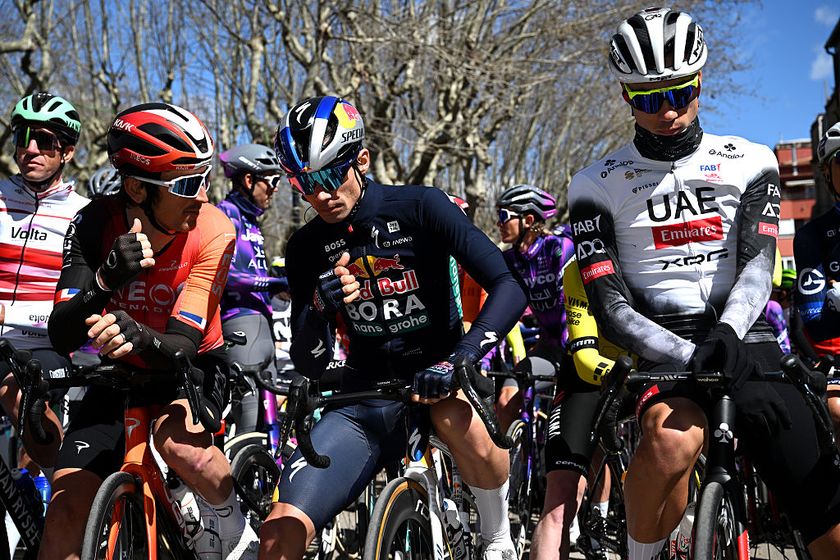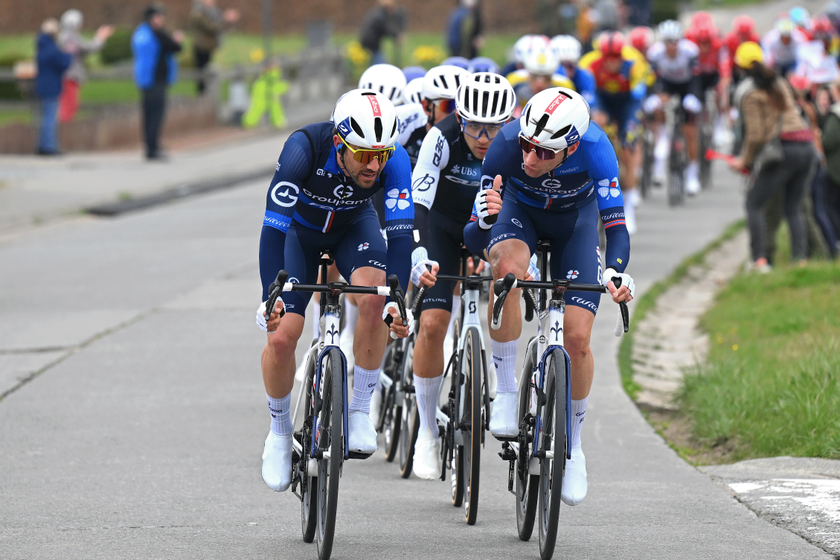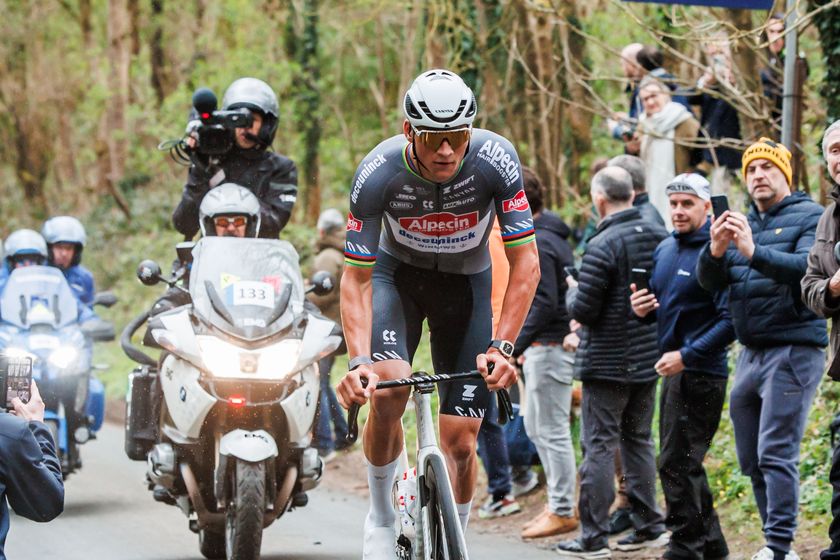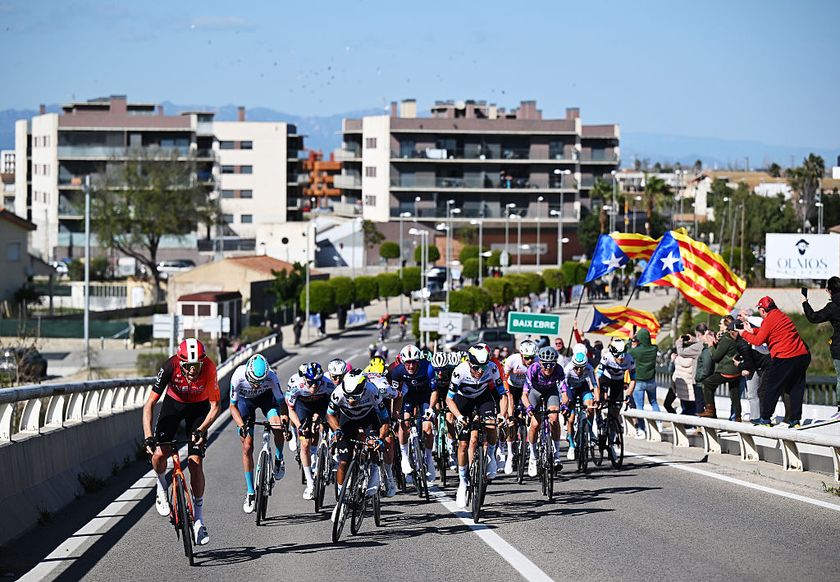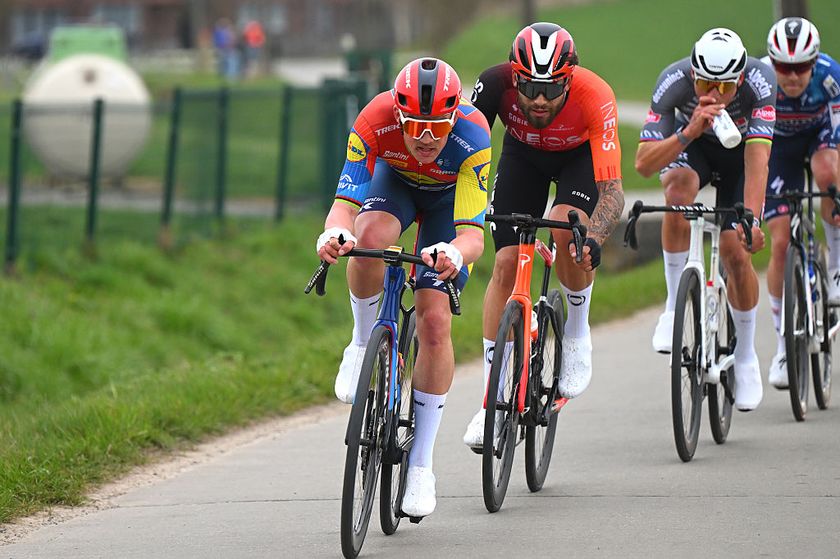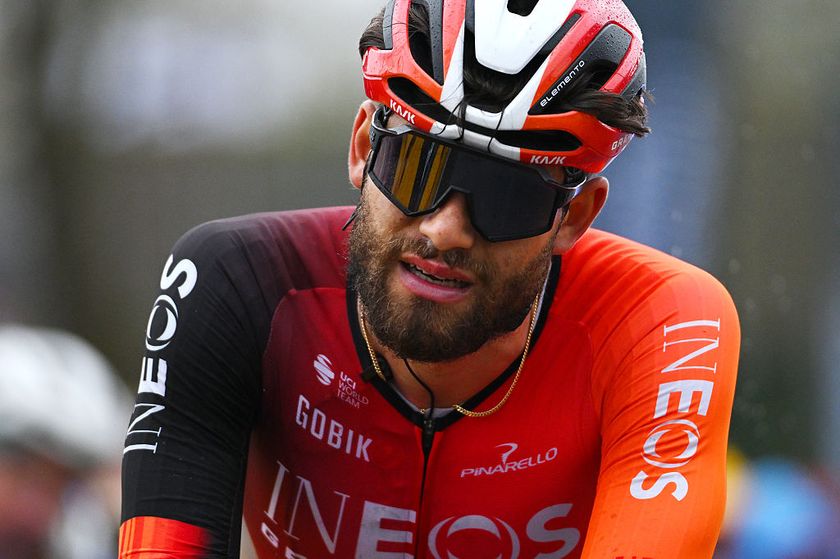Haas overcomes early hardship to complete first grand tour
Australian on his Giro d'Italia Odyssey


The Zoncolan is billed as the toughest climb in Europe, but nearing the summit on Saturday afternoon, Nathan Haas (Garmin-Sharp) seemed almost like a man who didn't quite want it to end.
"I had a lot of fun going up the last kilometres. I was well in front of the gruppetto and I was definitely going to make the time cut so I enjoyed the climb," Haas told Cyclingnews. "When I got to the top it was a pretty beautiful feeling knowing that I'd be finishing my first grand tour."
Buoyed by the euphoria of the moment on the way up the Zoncolan, Haas was struck by the magnitude of its context as he descended down the other side to his team bus. Waiting was directeur sportif Charly Wegelius, who murmured his congratulations while Haas quietly shed a tear. After being forced out of his debut Giro through injury in the final week last year, he had finally joined the club.
"I had a couple of memories going back to where I started with my Genesys team in Australia. I just had a bit of a personal moment when I got to the top of that hill. It's a long way," Haas said. "For an Australian from a relatively small town, it seems pretty far removed from where I grew up."
Haas' Giro seemed an ill-starred one from the very outset in Belfast. He was one of four fallers in the team time trial crash that ended the race for Garmin's Dan Martin and Koldo Fernandez, and the following day, he came down once again. "I was pretty buckled from the first crash and then the first road stage I was caught up in the GreenEdge crash as well and I was really hurting," he explained.
The Giro's toughest ascents were crammed into the final week, but Haas had his own mountain to climb every day in the opening half of the race, and for several nights, he even needed the assistance of a soigneur just to climb the stairs to his room. "In all honesty, after that first week I didn't think I was going to make it," he admitted.
"I had cuts opening up and I couldn't stand up out of my saddle, I had to sit down for the first few days. That starts to take a toll. For me that was definitely the hardest thing to get through, although the mountains are just insane here."
Get The Leadout Newsletter
The latest race content, interviews, features, reviews and expert buying guides, direct to your inbox!
Haas recovered sufficiently to make the break on the road to Foligno on stage 7 – "I thought I might as well suffer in front as suffer behind," he said – and would go on to play a prominent role in support of Ryder Hesjedal, who finished 9th overall, but the race's entry into the Alps would provide another study in suffering.
In particular, the tappone over the Gavia and Stelvio to Val Martello stretched the limits of acceptable hardship. The polemica over the botched neutralisation of the descent of the Stelvio dominated the headlines afterwards, but for most in the peloton, reaching the finish in one piece was the only concern on the day.
"I've blanked it out, you have to. It was something where everybody just went into survival mode and that doesn't exactly seem like racing to me," Haas said. "But it's pretty impressive how quickly the brain forgets these things."
The demanding parcours itself, of course, adds to the sense of achievement on completing the Giro – but only so long as the circumstances are not inherently dangerous. "Certain conditions make it life threatening almost and that's not racing, but outside of that, it's a grand tour for a reason. It's meant to be hard and it's supposed to challenge everybody and everybody has their battles," he said.
Twelve months ago, Haas' maiden Giro ended prematurely when he crashed on the road to Ivrea at the beginning of the third week. Making it all the way to the finish in Trieste this time around was not so much an act of redemption as a rite of passage for the 25-year-old.
"At the end of the day, bike racing is full of disappointment and highs. You've just got to ride that wave in the middle and try to forget the shit," Haas said. Or, as his directeur sportif Wegelius puts it in the excellent Domestique, it's no f**king fairytale.
